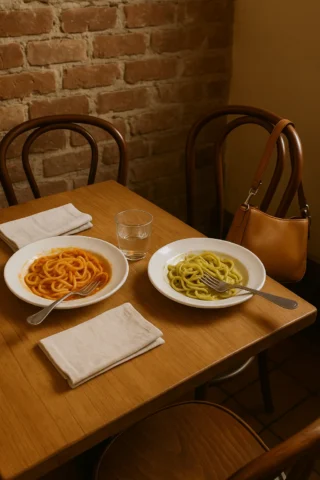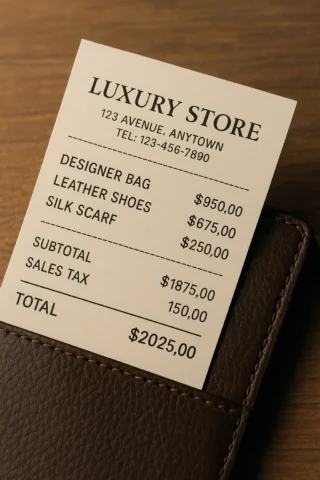It happened at a friend’s engagement party, the kind of event where everyone is dressed a little nicer, smiles a little brighter, and pretends they’ve got it all together. I hadn’t seen Julia in months, and I was actually happy when I spotted her across the room. We’d been close years ago, before life pulled us in different directions.
She walked over with that same confident stride I remembered, a glass of champagne in hand, and before I could even finish my “hello,” she said, “You look amazing tonight.” It was warm, enthusiastic—exactly the kind of compliment that makes you stand up a little straighter. But then she kept talking.
The Compliment with Strings Attached
“…So much better than the last time I saw you. I was honestly worried.”
The warmth evaporated instantly. My smile faltered as her words sank in. I wanted to ask, “Worried about what?” but I already knew. Julia had always had a knack for delivering a jab hidden in pretty wrapping.

The Disguise of Concern
I laughed awkwardly, trying to brush it off. “Well, I’ve been working out more,” I said, hoping to redirect the conversation. But she leaned in and lowered her voice. “I mean, last time you just looked… tired. Stressed. Like you’d given up a little.”
I nodded politely, though my chest tightened. It wasn’t the first time Julia had done this. Back when we were closer, she’d say things like, “That dress is cute—it really hides your hips,” or “You’re so confident for someone who doesn’t wear makeup.” At the time, I’d told myself she didn’t mean any harm.
The Party Continues, but My Mood Doesn’t
I tried to shake it off, circulating around the room, talking to other friends. But her words kept echoing in my mind. A simple “you look amazing” could have been a gift. Instead, she’d made it a comparison—a reminder of a version of me she thought was worth criticizing.
Why It Stung So Much
It wasn’t just that she’d brought up the past—it was that she’d chosen a celebration, in a room full of people, to do it. Compliments are supposed to lift you up in the moment, not drag you back to times you’d rather forget.
And yes, I had been struggling the last time we saw each other. Work was overwhelming, my relationship was falling apart, and I wasn’t sleeping much. But I hadn’t asked her to evaluate my appearance then, and I certainly didn’t need her retrospective “concern” now.
A Pattern of Backhanded Praise
Looking back, I realized Julia’s compliments always had a hook. They were designed to make her seem supportive while subtly positioning herself above you. If she said you looked better, it implied you hadn’t looked good before. If she praised your success, it came with a reminder of your past failures.
It’s the kind of dynamic that can creep into a friendship without you noticing—until one day you realize you feel smaller every time you leave an interaction.
Deciding How to Respond
After the party, I debated whether to say something. Confronting her in the middle of a celebration didn’t feel right, but I also didn’t want to keep pretending her comments didn’t bother me.
I ended up sending her a short message the next day: “Hey, I appreciate the compliment last night, but the way you followed it made me feel a little self-conscious. I’d rather not compare how I looked before to now—it takes away from the positive part.”
Her Reaction
Julia replied quickly: “Oh wow, I didn’t mean anything by it! I was just being honest.” She added a smiley face, as if that made it harmless. But that’s the thing about “just being honest”—it often means “I don’t want to take responsibility for how my words land.”
She didn’t apologize, and I didn’t push it. Instead, I started adjusting the distance between us. We still saw each other in group settings, but I stopped seeking her out for one-on-one conversations.
Protecting My Space
Over time, I learned that setting boundaries doesn’t always require a dramatic confrontation. Sometimes it’s as simple as recognizing who leaves you feeling lighter and who leaves you feeling heavier—and choosing accordingly.
Final Thought
A real compliment doesn’t come with conditions or comparisons. If someone’s praise makes you doubt yourself instead of believe in yourself, it’s not really praise at all—it’s a judgment in disguise.



